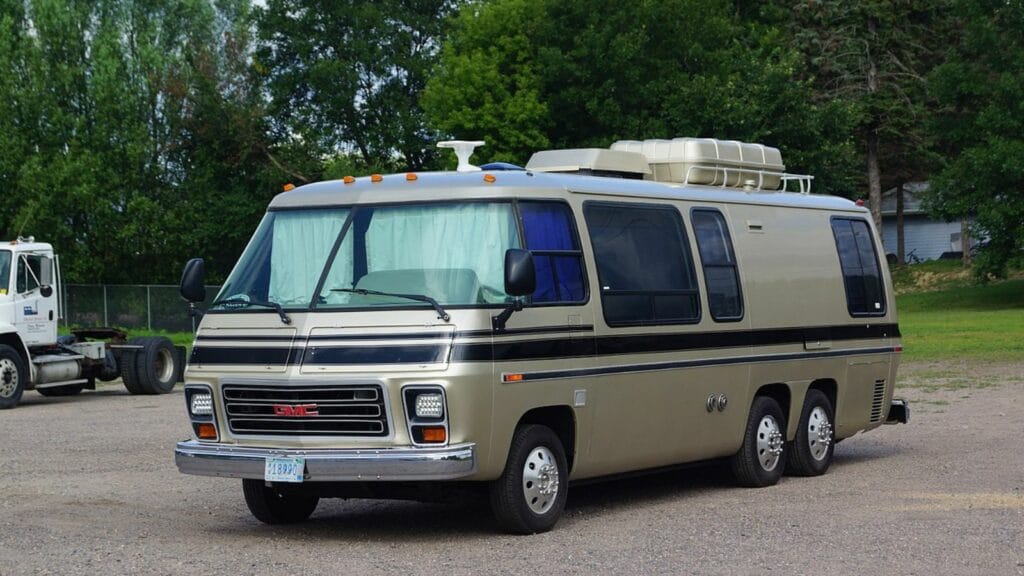When it comes to RVs, the flashy interiors and clever floorplans grab the spotlight, but the real magic lies underneath. The base manufacturer—the company that builds the chassis, engine, and core mechanicals—dictates how your RV drives, how reliable it is, and how much fun (or frustration) you’ll have on the road. Here are ten of the best base manufacturers that keep RVs rolling strong across North America, with insights into which RV classes they serve best, how they perform, and what to expect in the long run.
Ford
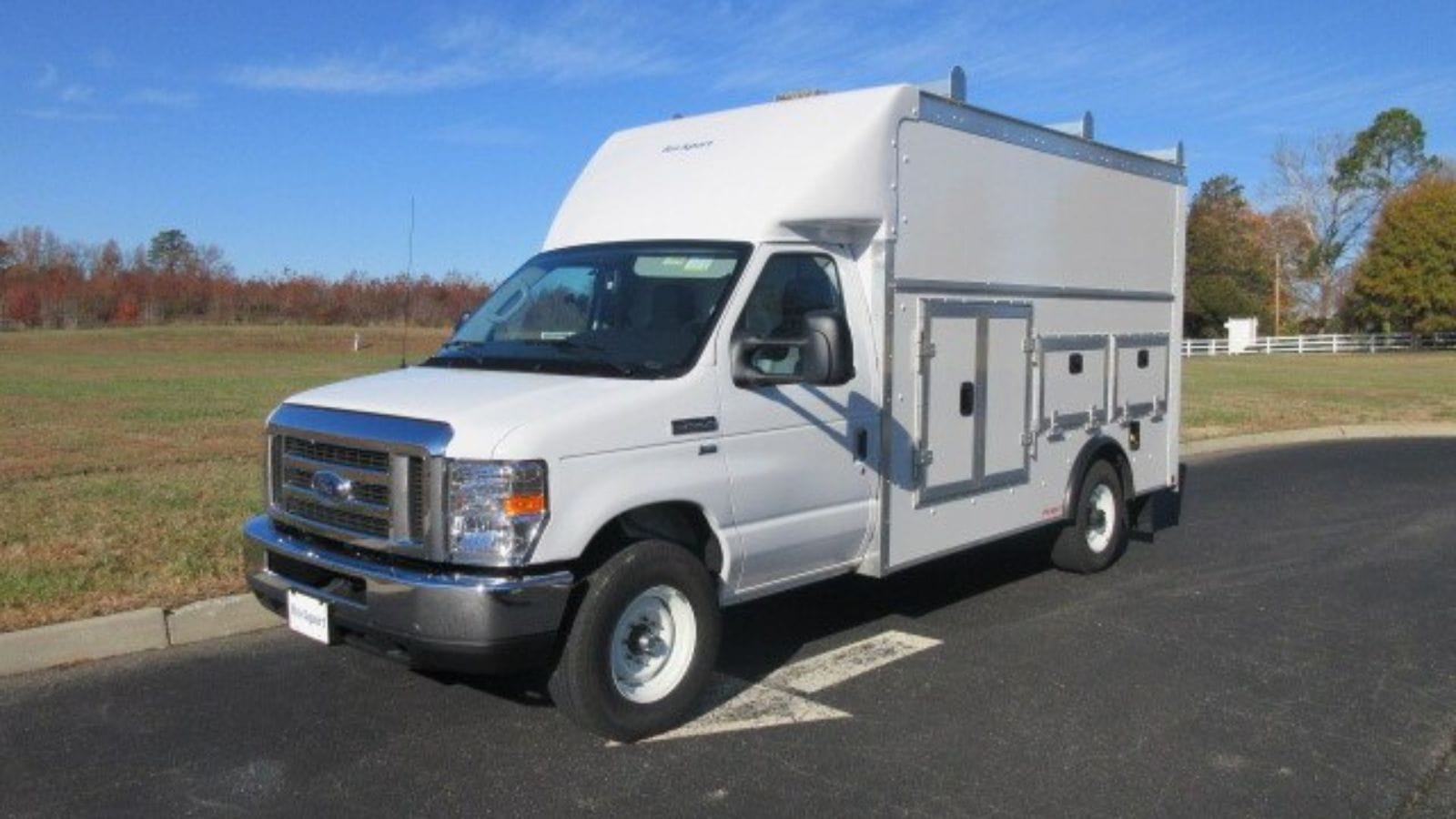
Ford is a household name in RV circles, especially for Class C and Class A gas-powered rigs. The E-350 and E-450 cutaway chassis dominate the Class C segment, while the F-53 supports many large Class A gas motorhomes. Ride comfort is decent, though not as smooth as diesel pushers, and fuel economy is average for its size. Ford shines in reliability, parts availability, and ease of service—mechanics across North America know how to work on them. Long-term ownership costs are generally lower than competitors, making Ford a solid, practical choice for families and full-timers alike.
Mercedes-Benz
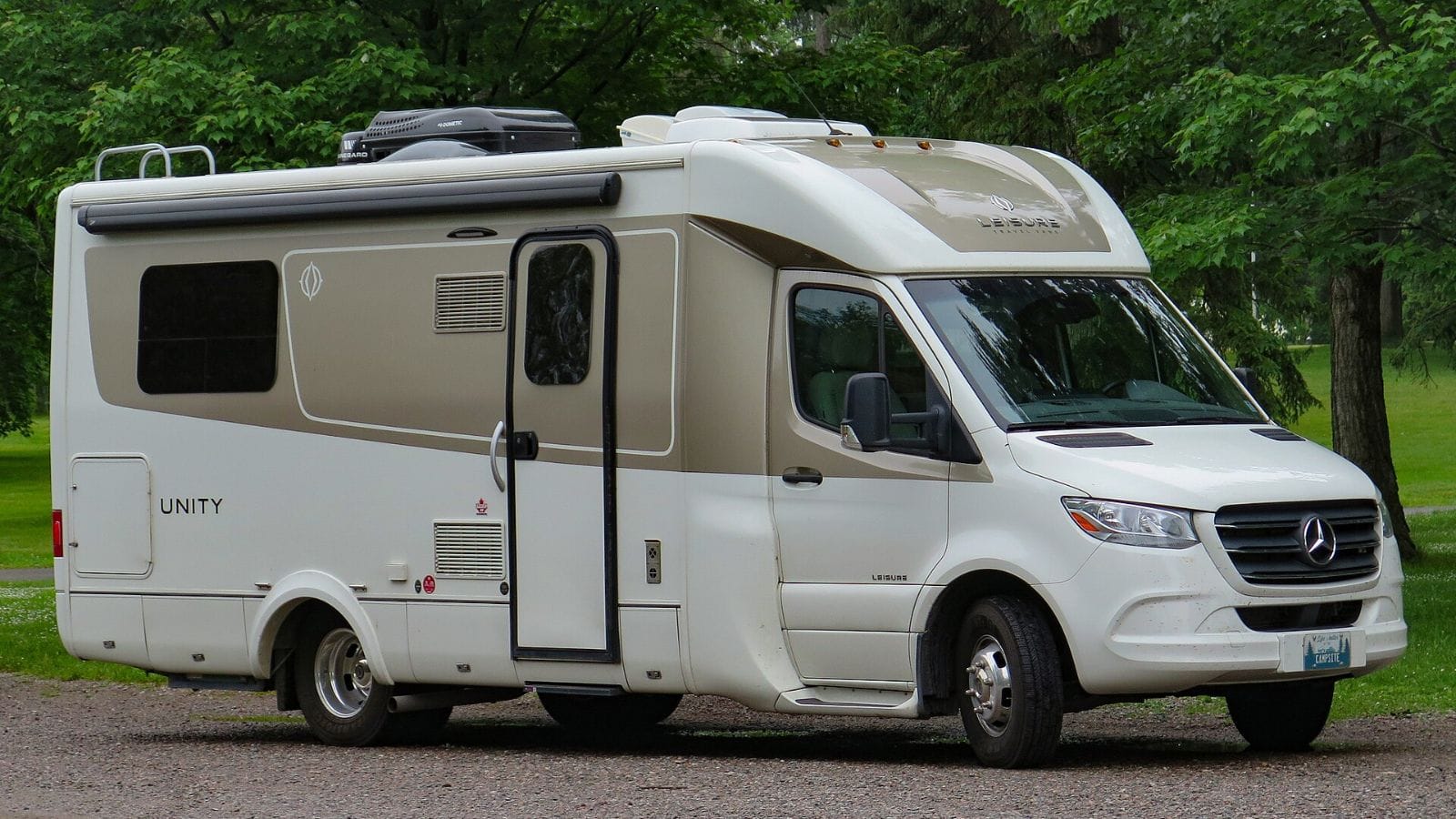
Mercedes brings refinement to the RV world with its Sprinter chassis, a favorite for Class B camper vans and smaller Class C motorhomes. The ride is exceptionally smooth, with nimble handling that feels more like a car than a truck. Fuel economy is one of the best in the segment, thanks to efficient diesel engines. Ownership costs can be higher, especially for parts and service, but the build quality and advanced safety features (like lane assist and adaptive cruise control) make it worth it for many. Ideal for RVers who prioritize comfort and luxury in a compact package.
Freightliner Custom Chassis
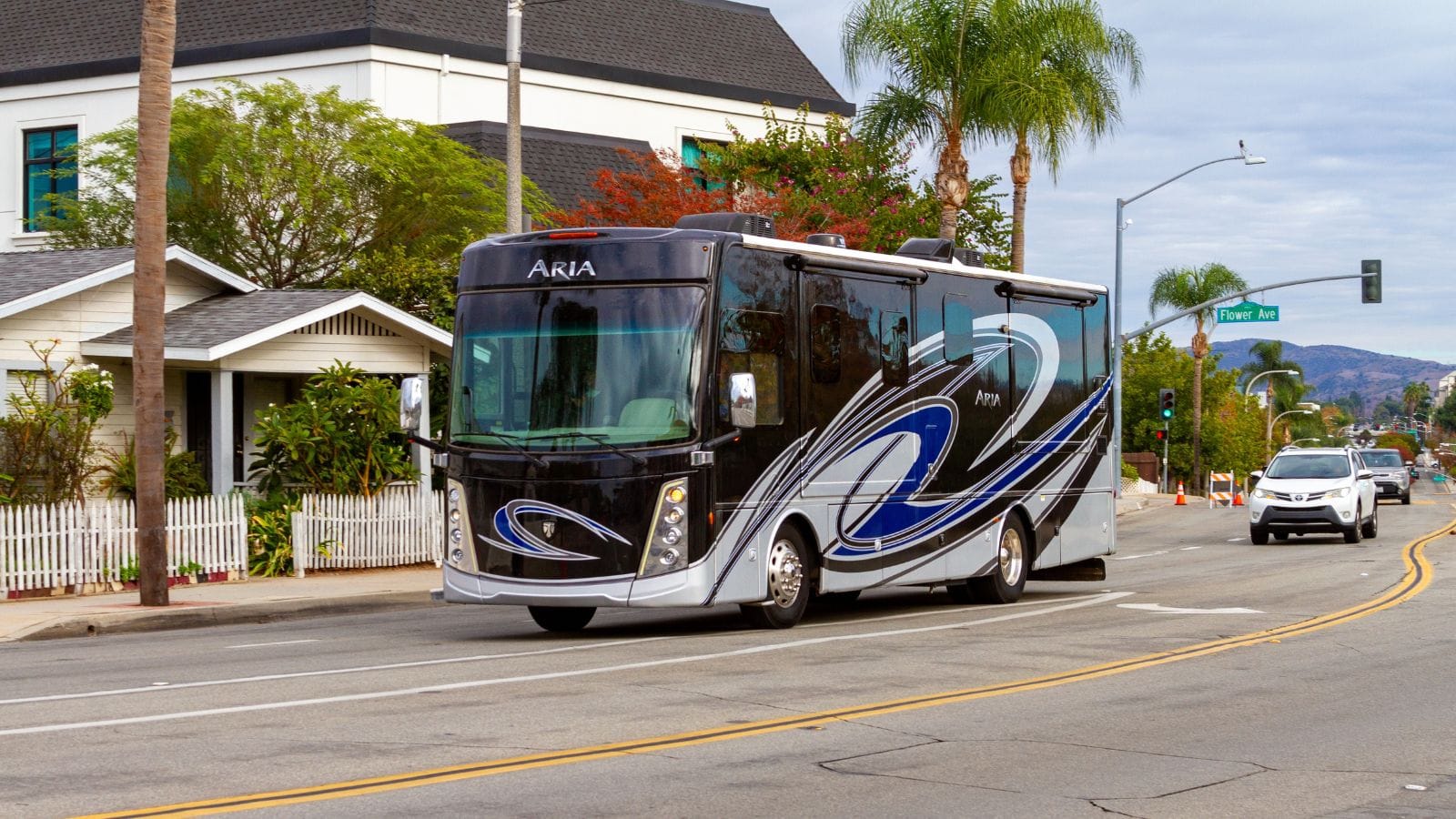
Freightliner is the king of diesel pushers in the Class A category. Their heavy-duty platforms offer unmatched towing power, air ride suspension for a silky-smooth ride, and top-notch stability even with massive RV bodies. Fuel economy is better than gas-powered Class As, though still thirsty compared to smaller RVs. Long-term ownership costs are higher due to complexity and maintenance requirements, but Freightliner’s extensive service network across the U.S. and Canada makes upkeep easier. For serious RVers who plan to travel cross-country in comfort, Freightliner is the gold standard.
Ram (Stellantis)
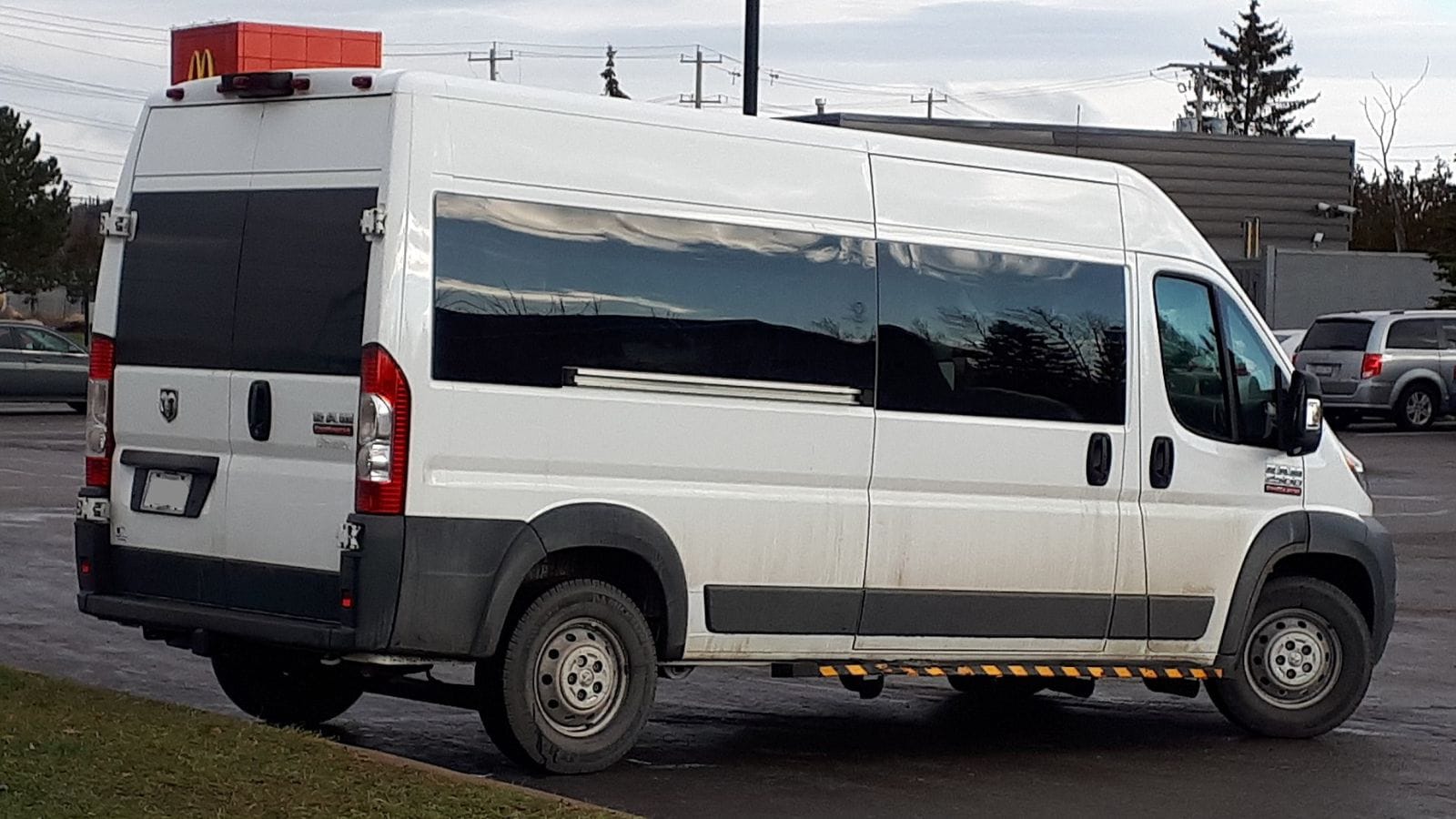
Ram’s ProMaster chassis is a rising star, especially in the booming Class B van conversion market. Its front-wheel-drive layout gives it better traction in snow and urban maneuverability compared to rear-drive rivals. Ride comfort is decent for a van, and its wide, boxy design maximizes interior space for conversions. Fuel economy is respectable, though not quite as efficient as the Mercedes Sprinter. Ownership costs are lower, thanks to a strong dealer network and affordable parts. Perfect for DIY builders or those looking for a practical, budget-conscious camper van base.
Chevrolet
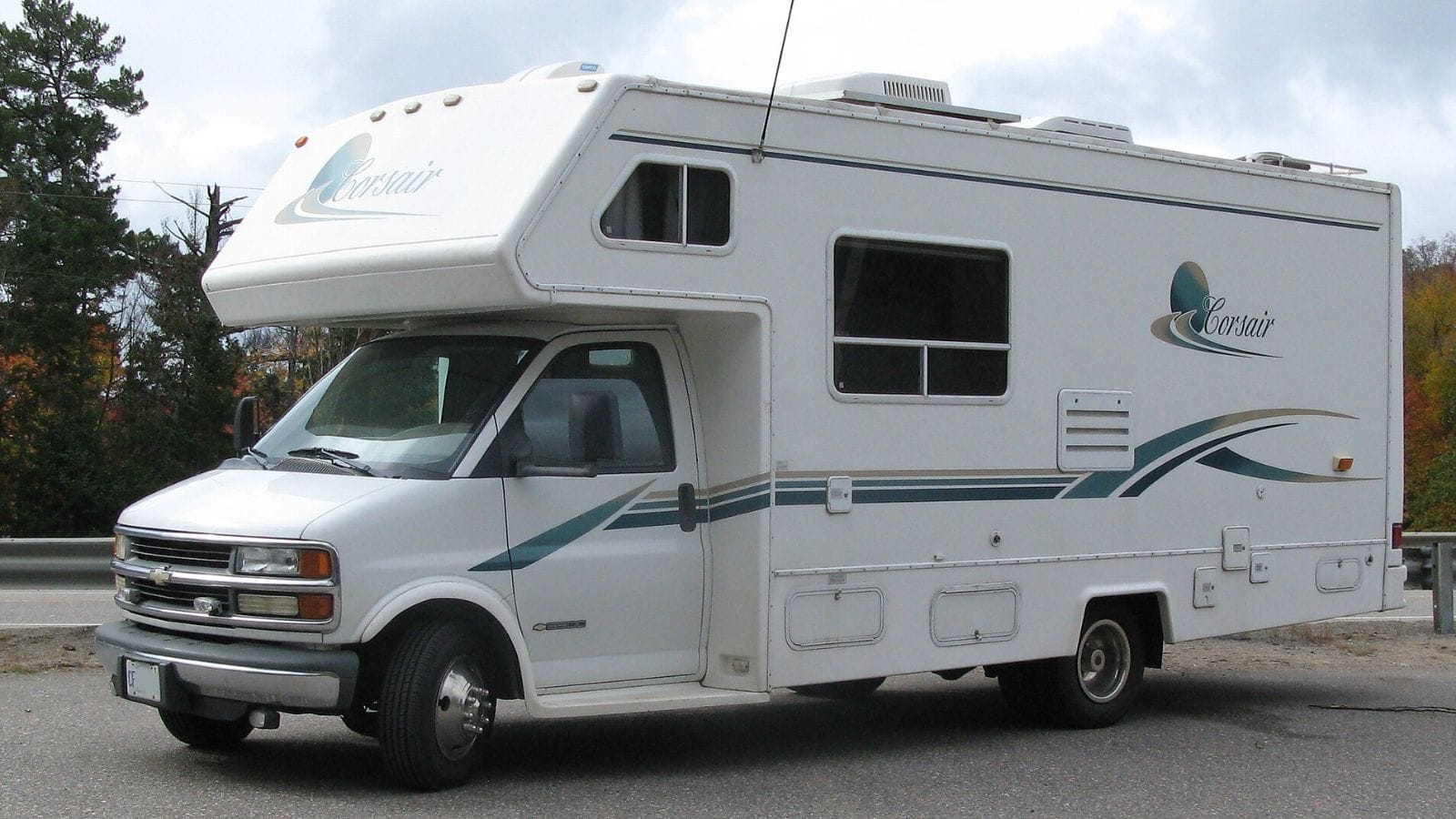
Chevrolet’s Express vans and Silverado-based cutaway chassis have powered countless Class C RVs over the years. They may lack the techy polish of European rivals, but Chevy rigs are praised for toughness and simplicity. Ride quality is solid but workmanlike, and fuel economy is typical for gas-powered RVs. Long-term costs are where Chevy shines—repairs are affordable, and parts are everywhere. If you want a reliable, no-frills RV base that won’t break the bank, Chevy is a tried-and-true option.
Spartan Motors
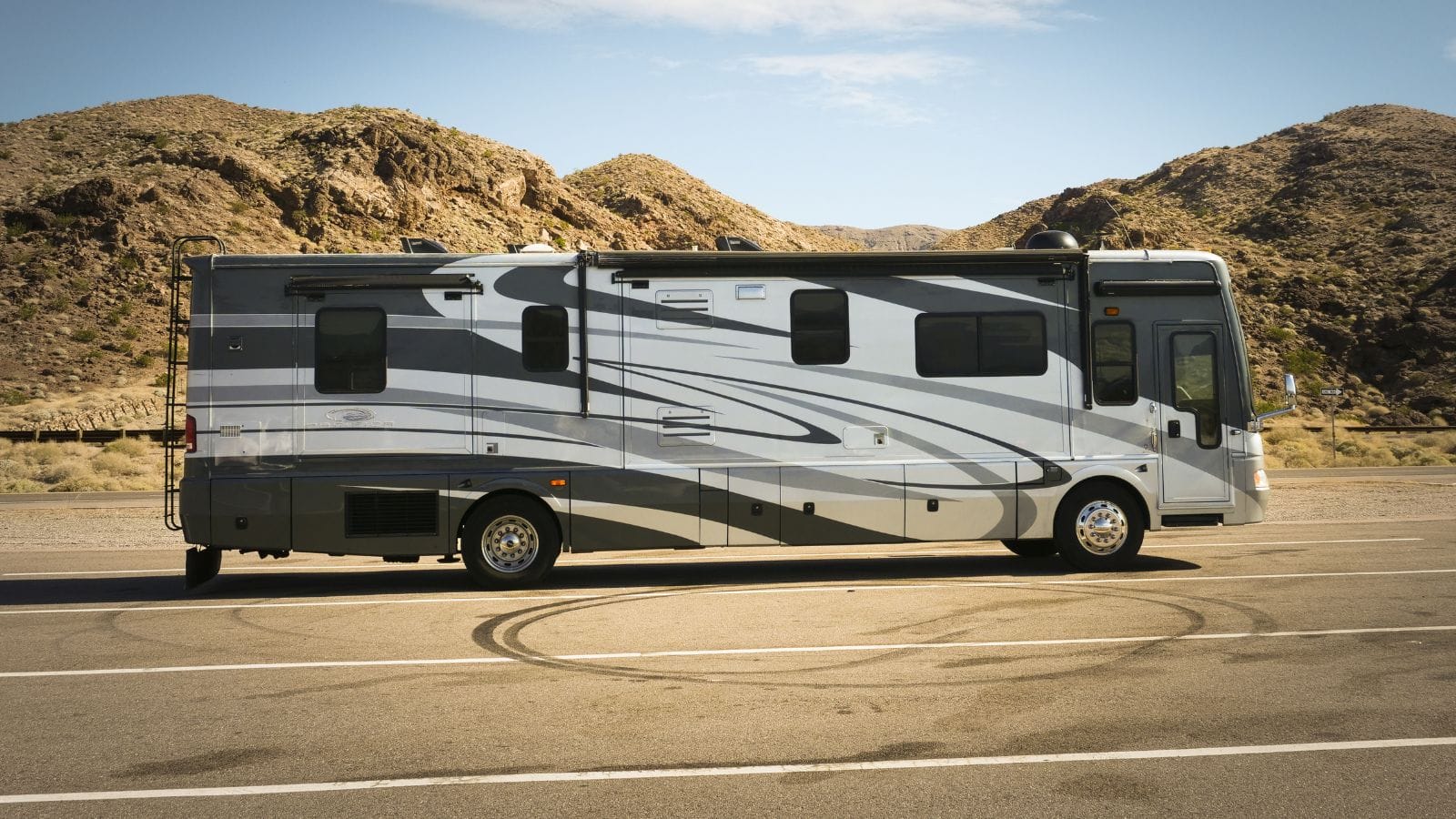
Spartan builds premium diesel chassis for Class A motorhomes, competing directly with Freightliner. Known for independent front suspension, superior ride stability, and serious towing power, Spartan platforms are a favorite for luxury rigs costing six figures and up. Comfort is exceptional, with smooth highway manners and quiet operation. Fuel economy is comparable to Freightliner’s offerings, though ownership costs are steep due to advanced systems and specialized service needs. Spartan appeals to full-time RVers who demand top performance and have the budget to match.
Volkswagen
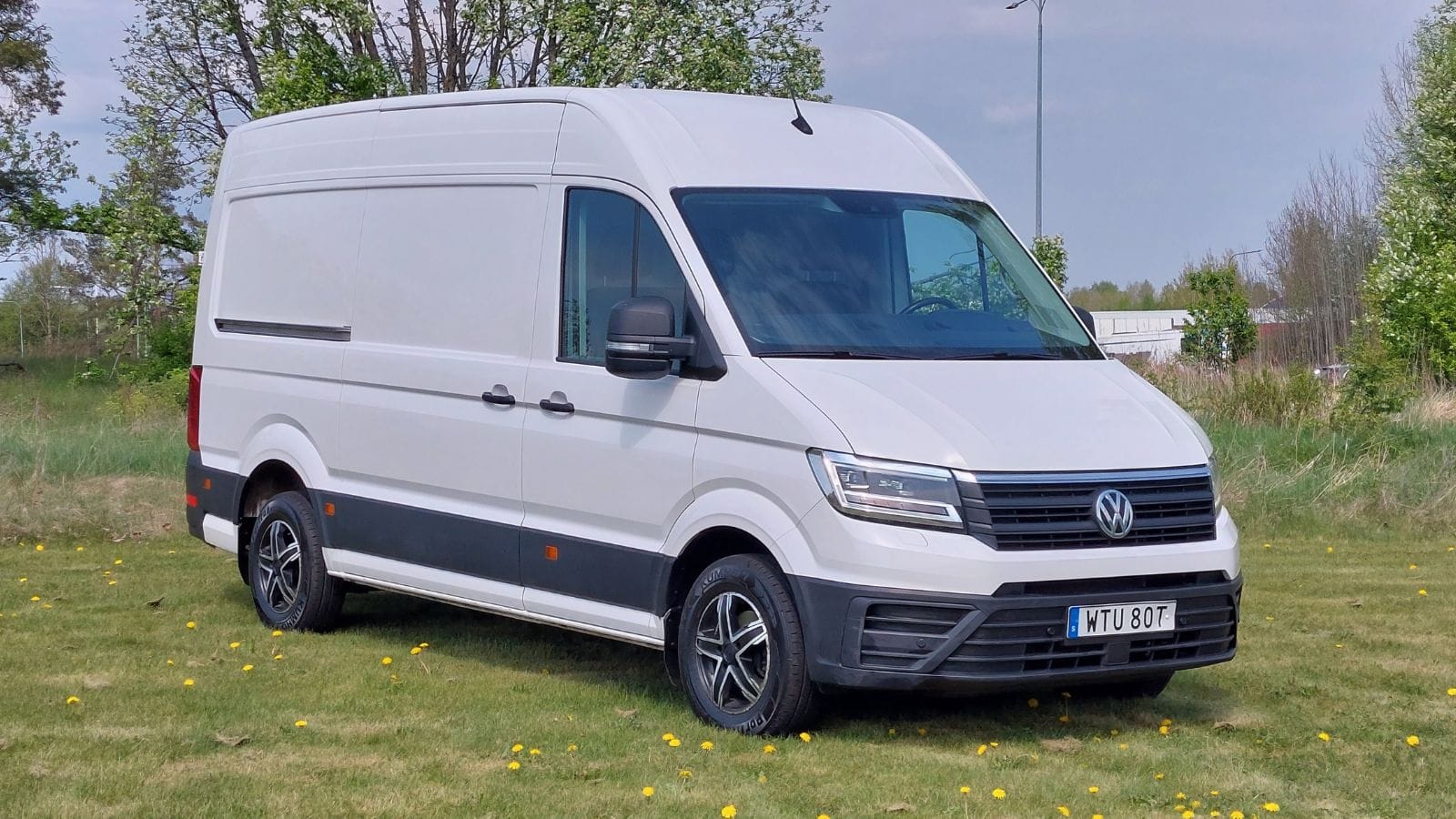
Volkswagen’s role in North American RVs has been smaller in recent years, but its Transporter and Crafter vans remain beloved platforms for camper conversions. Historically, VW campers like the Westfalia became cultural icons. Today, VW bases offer sharp handling and efficient diesel engines. Comfort is excellent for their size, though availability and parts support in North America can be challenging. Long-term costs vary, but for fans of compact, stylish RVs, VW remains a quirky but worthy choice—especially if you lean toward Euro-inspired adventures.
GMC
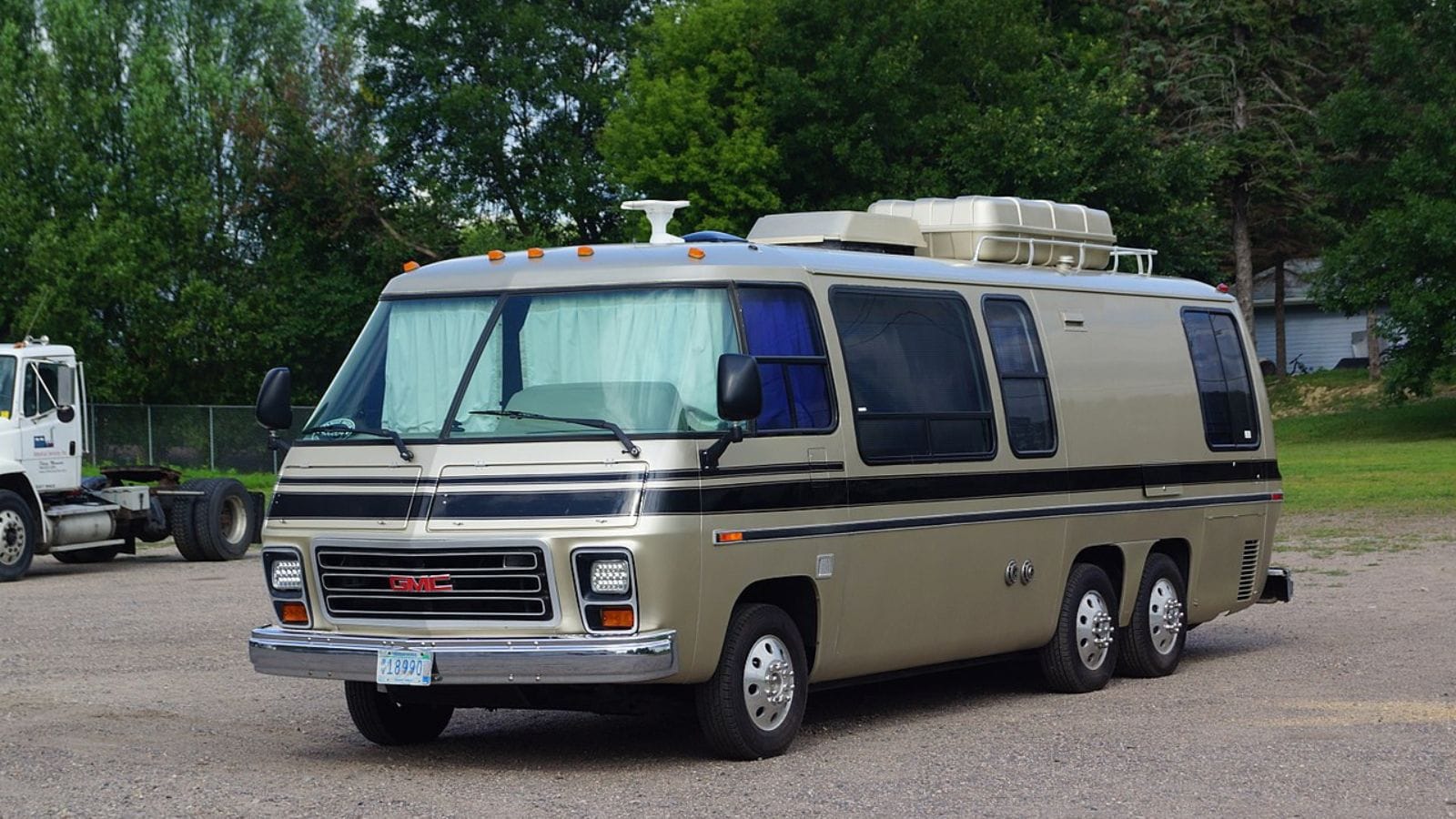
GMC, alongside Chevrolet under GM’s umbrella, has long supported Class C builds with its van and truck chassis. The legendary 1970s GMC Motorhome, built entirely in-house, proved GMC could innovate. Modern GMC chassis share the strengths of Chevrolet: solid ride comfort, widely available parts, and affordable maintenance. GMC rigs are often seen as a slightly more upscale counterpart to Chevy, with similar fuel economy and dependability. It’s a brand that combines tradition with reliability, making it a favorite for long-lasting Class C RVs.
Toyota
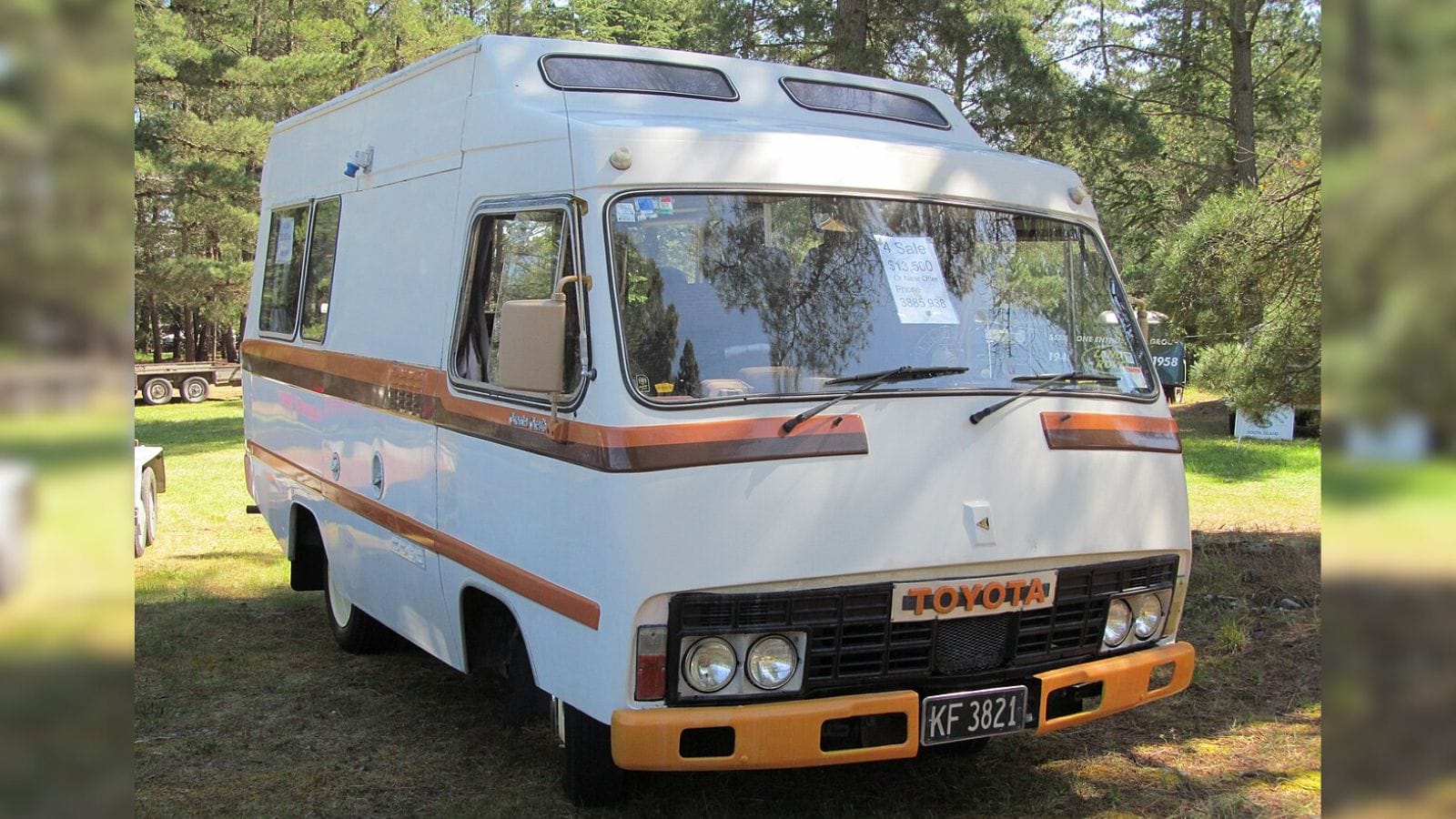
Toyota isn’t a major player in today’s North American RV market, but its compact truck and van platforms supported many Class C-style micro motorhomes in the 1980s and 1990s. These rigs were famously reliable and fuel-efficient, often outlasting their owners’ patience before breaking down. Comfort was minimal compared to modern RVs, but their economy and bulletproof drivetrains made them cult favorites. Long-term ownership costs were tiny, and many are still on the road decades later. While Toyota isn’t common for new builds, it’s part of RV history and beloved by collectors.
International (Navistar)
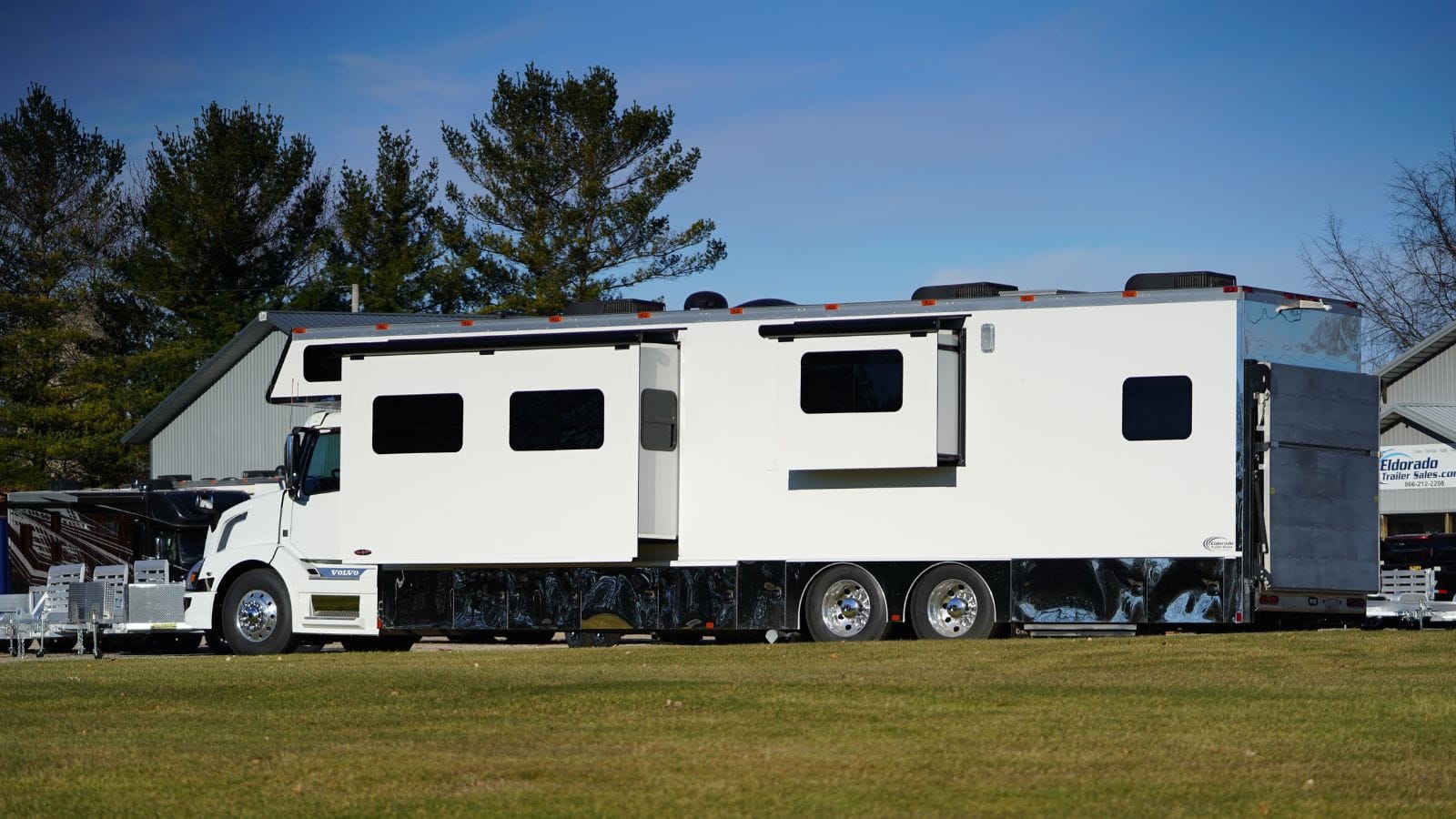
International supplies heavy-duty diesel truck platforms for some of the largest RV builds and specialty conversions. Known for rugged durability and hauling power, International bases are built for Class A rigs designed to take on big loads and long trips. Ride comfort is stiff compared to luxury diesel pushers, but reliability is outstanding. Fuel economy is predictably poor due to size, though longevity offsets the cost for many. Service networks are strong in trucking regions, but less so in RV hubs. For custom builds or massive motorhomes, International is a serious contender.
